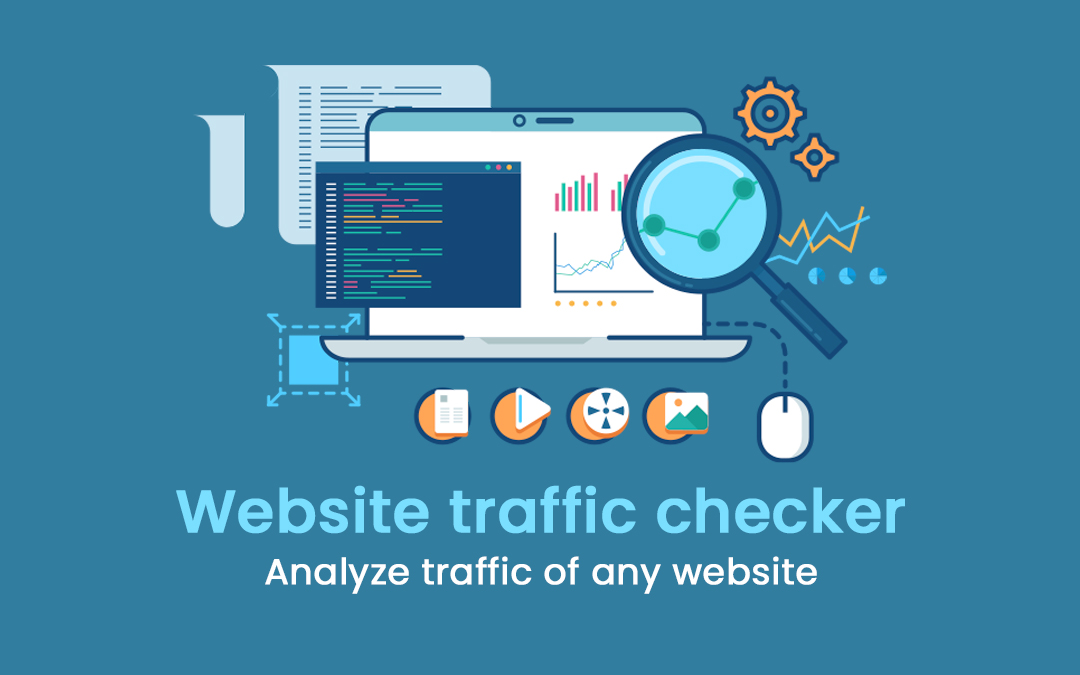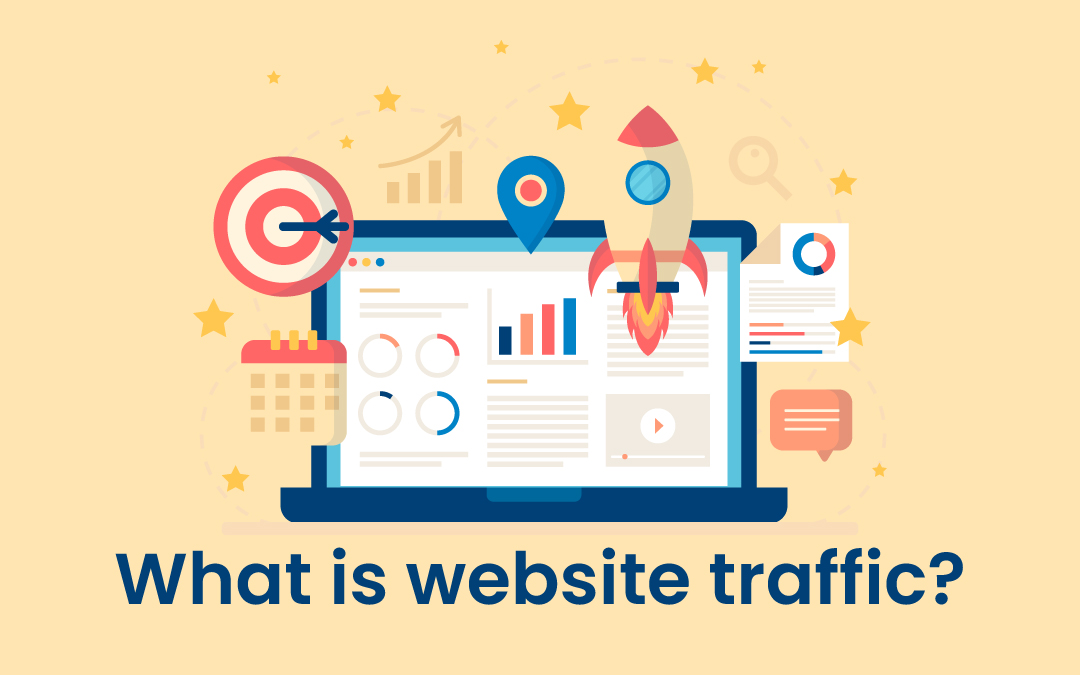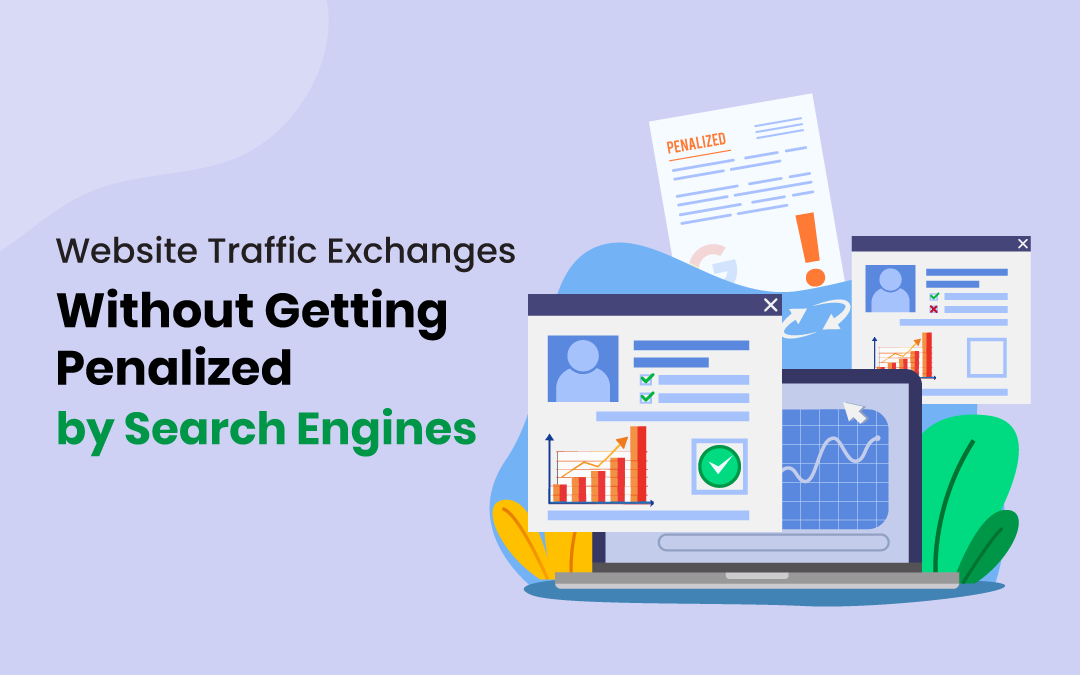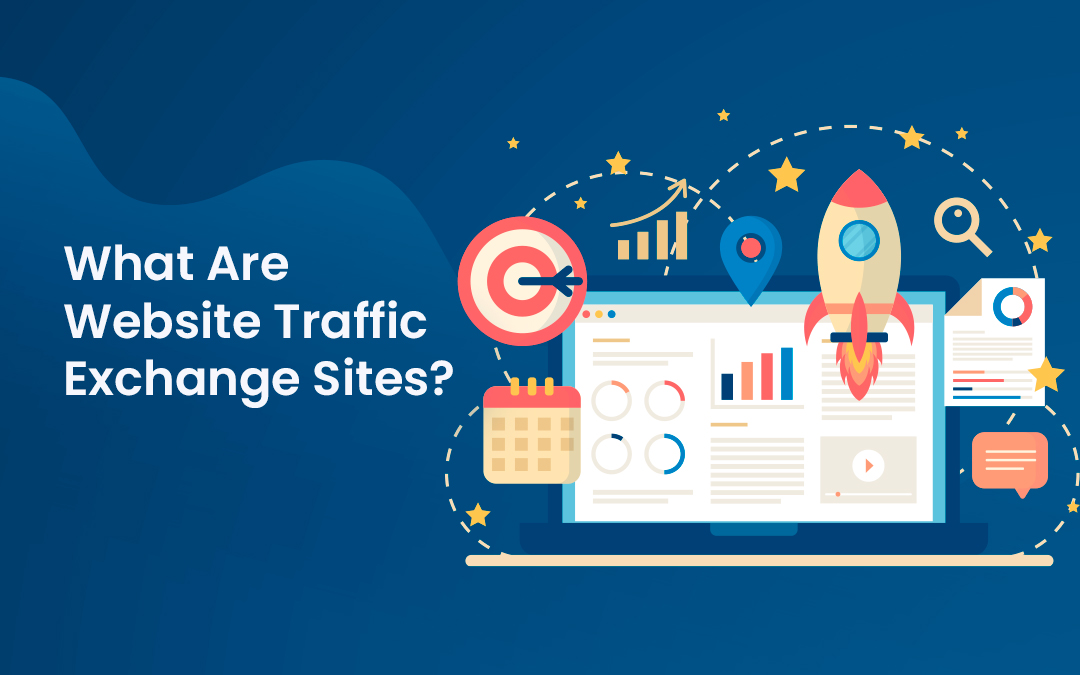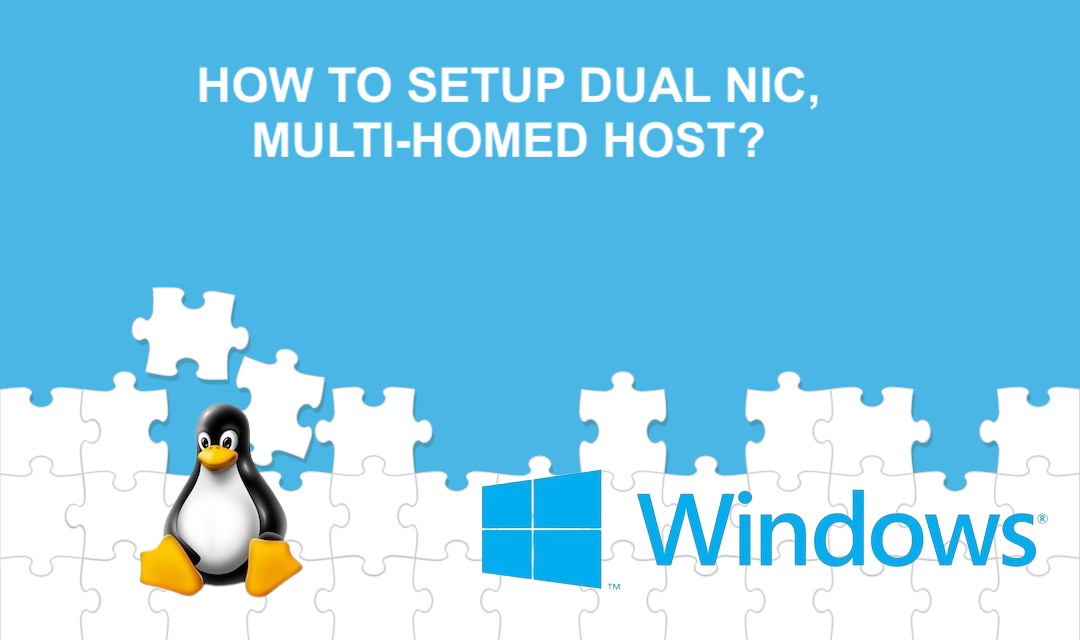
In today’s fast-paced digital landscape, delivering an exceptional user experience (UX) is no longer optional—it’s a necessity. But while much attention is often paid to interface design and functionality, one crucial yet overlooked element is documentation. Smarter documentation forms the backbone of an intuitive and user-friendly experience, empowering users to navigate products or services with confidence. In this article, we delve into why user experience begins with smarter documentation and how businesses can optimize this essential component.


